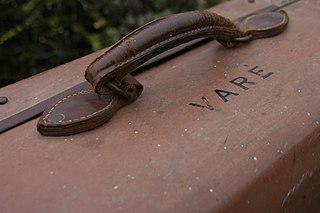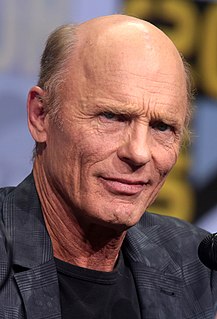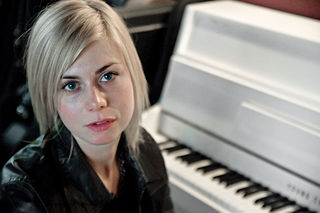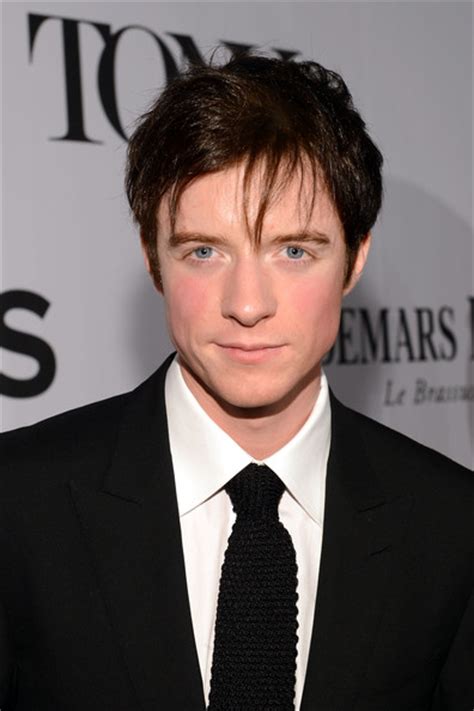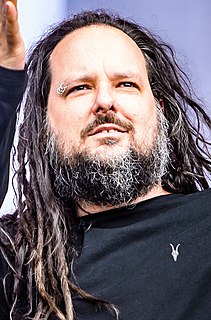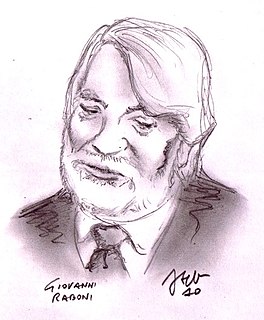A Quote by James May
There's a great deal of poetry in working out how things work, cutting bits of metal, trying to mend stuff.
Related Quotes
The verb 'to darn' is explained in my pocket dictionary as follows: 'To mend by imitating the texture of the stuff, with thread and needle.' But this definition does not correspond to the work accomplished by good Chinese housewives. When they mend a sock, they do not try 'to imitate the texture of the stuff'. Their art makes no attempt at concealment: it even takes a certain pride in revealing itself.
Making a film is like making a mixtape. You're collecting all this stuff and putting your favorite stuff into it: you have actors that you like, characters that you're interested in, moments you want to explore, themes you want to deal with, music that you want to put in. It's a pastiche of all these things that deal with how you see the world. You're just trying to make a love letter, a gift.
I work in bits and pieces. When I'm touring it's difficult. After touring, when I have space and time, it's a process, something I've been doing since I was 10 or 11 years old. I collect lyrics, melodies, bits and pieces, and finally it all comes together. It's hard to say - I've been trying to figure out how the process works.
Every day, I absorb countless data bits through emails, phone calls, and articles; process the data; and transmit back new bits through more emails, phone calls, and articles. I don't really know where I fit into the great scheme of things and how my bits of data connect with the bits produced by billions of other humans and computers.
There's a great freedom of forms and intonations in Luigi Fontanella's poetry. He doesn't take a strong formal stand; his poetry entertains moments of nearly proselike colloquial narrative along with moments of powerful lyrical tension. There is a movement of extremes, from powerful tonality to near atonality, and I like this a great deal; it's a stance that very effectively catches the spirit that makes work in poetry possible nowadays.
There's Hezbollah, there's Hamas, there is a whole range of terrorist targets out there related to Palestine and to Israel that we ought to be trying to deal with. And there's a great deal of targets in the Philippines, Indonesia. You name it, there are a number of places where there are targets that we ought to be trying to deal with.
Once I came out in college I just have always been out and at work with pretty much everybody. My wife and I both working as journalists, because she's a photographer, and often working together, would have to kind of navigate this weird world. When you're trying to develop sources, when you're trying to you know make personal connections with people, you inevitably want to share things about yourself and that can be really tricky.


